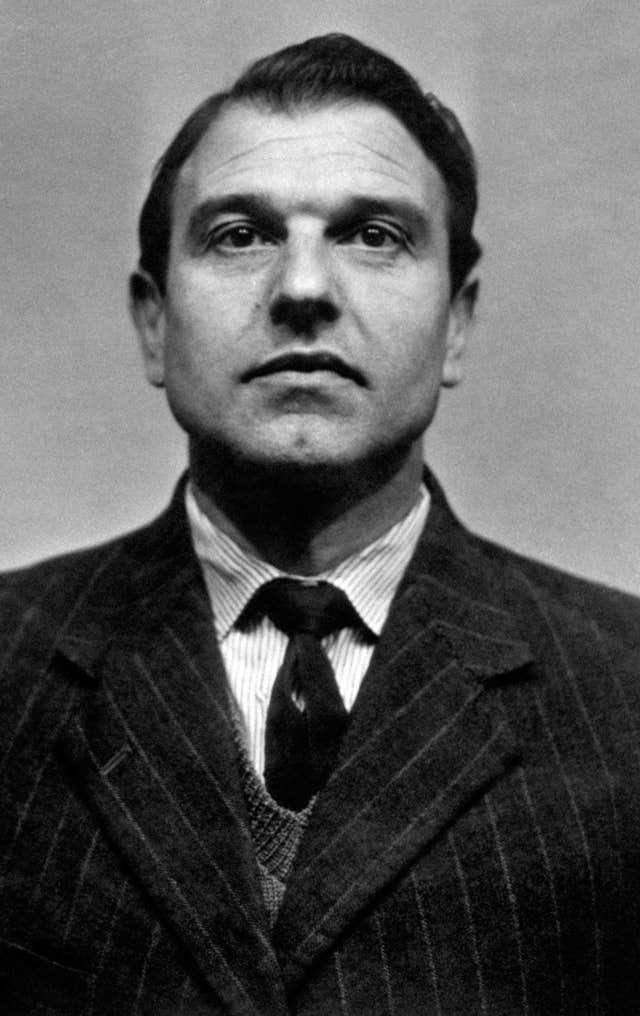The Official Secrets Act – the legislation which could land a minister in jail
The Act is the main source of legal protection in the UK against spying and sabotage.

The sensitive leak of confidential information regarding Chinese telecoms giant Huawei from a meeting of the National Security Council has raised the unusual prospect of a prosecution under the Official Secrets Act.
Here the Press Association takes a look at the legislation which could see sensitive disclosures from the heart of government resulting in court action.
– What is the Official Secrets Act?
There are currently four Acts – 1911, 1920, 1939 and 1989.
The Official Secrets Act 1911 repealed an earlier Official Secrets Act from 1889, and was passed in response to the growing threat of international espionage.
It is still the main source of legal protection in the UK against spying and sabotage, more than a century after it was first drawn up.
The other significant legislation, from 1989, relates more to the illegal disclosure of sensitive information – otherwise known as leaking.
– Who can be prosecuted?
The legislation relates to current and former employees of the security and intelligence services, such as MI5, as well as government ministers, civil servants, police officers past and present, judicial officials and government contractors.
In any event, a prosecution under the Official Secrets Act is rare – reckoned to be less than one a year.
– What is the maximum sentence?
There is a maximum jail term of 14 years if the offence relates to espionage under the 1911 Act. However, longer sentences are possible for a series of offences.

The maximum penalty for an unauthorised disclosure under the 1989 Act is two years’ imprisonment or an unlimited fine, or both.
– So will a minister be prosecuted?
Firstly, the source – or sources – of the National Security Council leak would have to be identified.
After all, there have been calls for a police inquiry into who was responsible.
But doing so would set a troubling precedent for those who claim leaking in the national interest is a vital component of a free press – and the prosecution of a top ranking official at the heart of government would surely dissuade any others from blowing the whistle in the future.
– Has an MP ever been convicted?
As mentioned previously, prosecutions – of any kind under the Official Secrets Act – are rare.
Notable examples include William Owen, the MP for Morpeth, who was arrested and charged in 1970 with communicating evidence useful to the enemy, under section 1 of the Official Secrets Act 1911. He was found not guilty of all eight charges.

He claimed MI5 tapped then-Labour MP Peter Mandelson’s telephone, had a file on then-foreign secretary Jack Straw’s involvement in left-wing politics, and that MI6 attempted to bomb Colonel Muammar Gaddafi.
During his trial, Shayler insisted he was not a traitor, had not endangered the lives of intelligence agents and had been motivated by a desire to expose abuses of power by the intelligence services.
Other cases have involved an MP’s researcher, a Foreign Office official, and a retired detective inspector with the Metropolitan Police.





